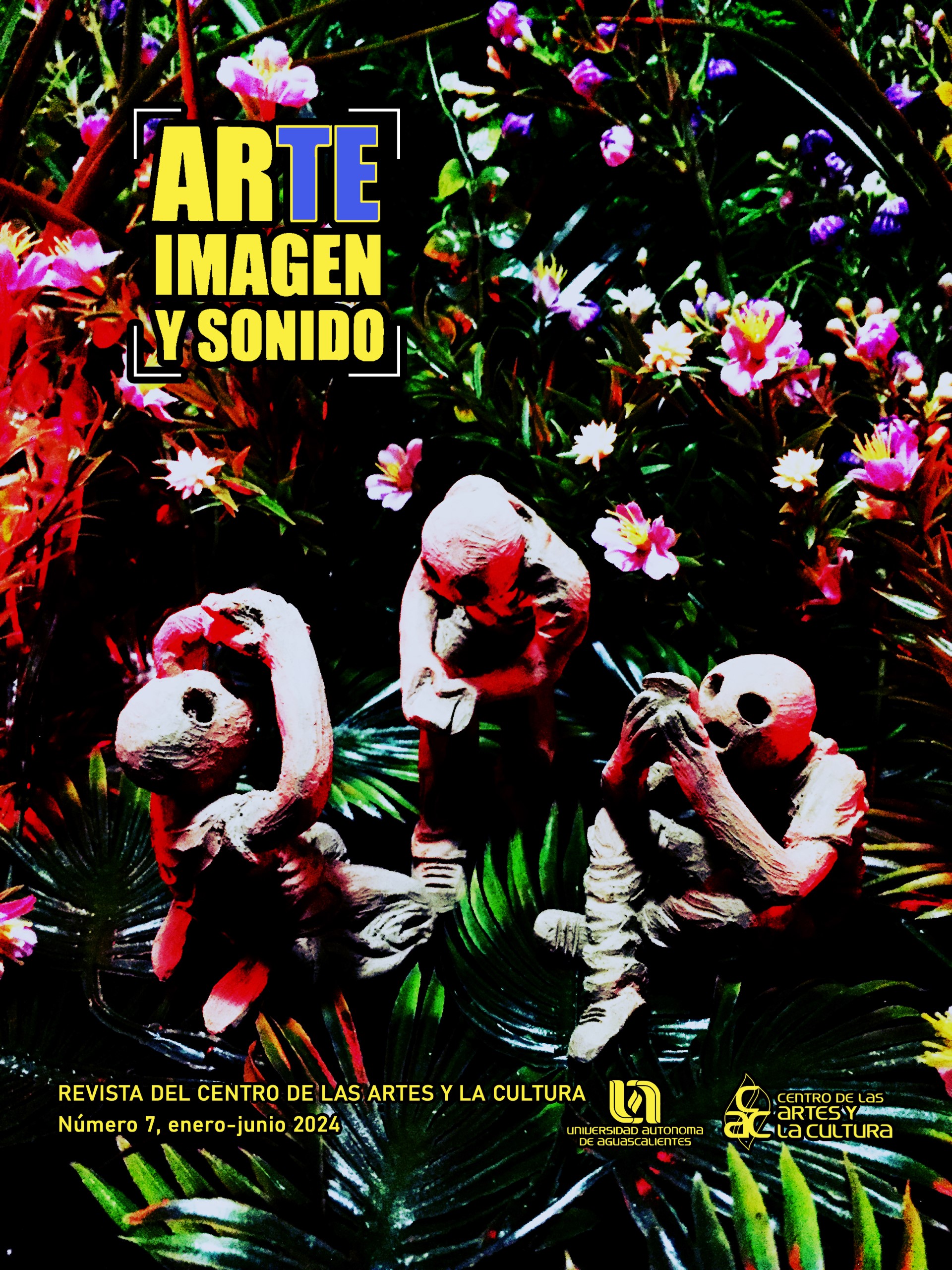Futuros que ya fueron, presentes que no son. El horizonte posthumanista-descolonial y la idea de progreso
DOI:
https://doi.org/10.33064/7ais4671Palabras clave:
Posthumanismo, feminismo decolonial, antiracismo, imaginarios posiblesResumen
El presente artículo se enmarca en un cruce de lecturas: desde la teoría feminista contemporánea sobre los imaginarios configurados a través de la idea del presente y futuro, atendiendo concretamente a “los imaginarios de lo posible” latinoamericanos, discutidos desde los EFLAC (Encuentros Feministas Latinoamericanos y del Caribe) de finales de los años noventa y, a las “Utopías-distopías” occidentales en su idea de progreso desde los nuevos materialismos feministas. Los primeros comprendidos y actualizados desde la postura de Yuderkys Espinosa Miñoso y Ochy Curiel, en los documentos El futuro ya fue: una crítica a la idea del progreso en las narrativas de liberación sexo-genéricas y queer identitarias en Abya Yala y Construyendo metodologías feministas desde el feminismo decolonial, compilados por Julia Antivilo este año (2023) en el libro Trayectorias del pensamiento feminista en América Latina. Los segundos para contrastar complementar la idea de Posthumanismo y conocimiento posthumano desde la propuesta de la pensadora italo-australiana Rosi Braidotti (2019). El objetivo que se propone es el de cartografiar la discusión de ambos imaginarios, para reconocer los lugares y desplazamientos de poder que operan en un posible proyecto histórico -de vínculos y no de cosas- indagando cuáles son sus tensiones localizadas. La hipótesis del artículo implica la complementación entre ambas miradas, de manera general, en la fase del capitalismo actual, desde una posición encarnada y territorializada. Para las tres pensadoras, la producción de afectos y sensibilidad a través del arte, implica también un hecho fundamental en la construcción de memorias y contramemorias, comunidad y narrativas, que no decantan en “cosas” como proyecto artístico, sino en redes y pedagogías críticas. Al ser reciente la teoría y las publicaciones académicas se plantea un objetivo muy concreto en el presente trabajo: ¿cuáles son los principales puntos de convergencia y de tensión entre ambas perspectivas? y, ¿cuál es la relación de los anteriores puntos nodales con la producción de visualidades feministas o disidentes? Sin la pretensión de desarrollar dichos puntos de manera exhaustiva, se busca comenzar a cartografiar este necesario diálogo.
Descargas
Descargas
Publicado
Cómo citar
Número
Sección
Licencia
Derechos de autor 2024 Raquel Mercado

Esta obra está bajo una licencia internacional Creative Commons Atribución-NoComercial-SinDerivadas 4.0.
Los derechos de autor de los artículos recaen en los autores, quienes al ser publicados acuerdan hacerlo bajo la licencia Creative Commons Reconocimiento-NoComercial-SinObraDerivada 4.0 Internacional.













